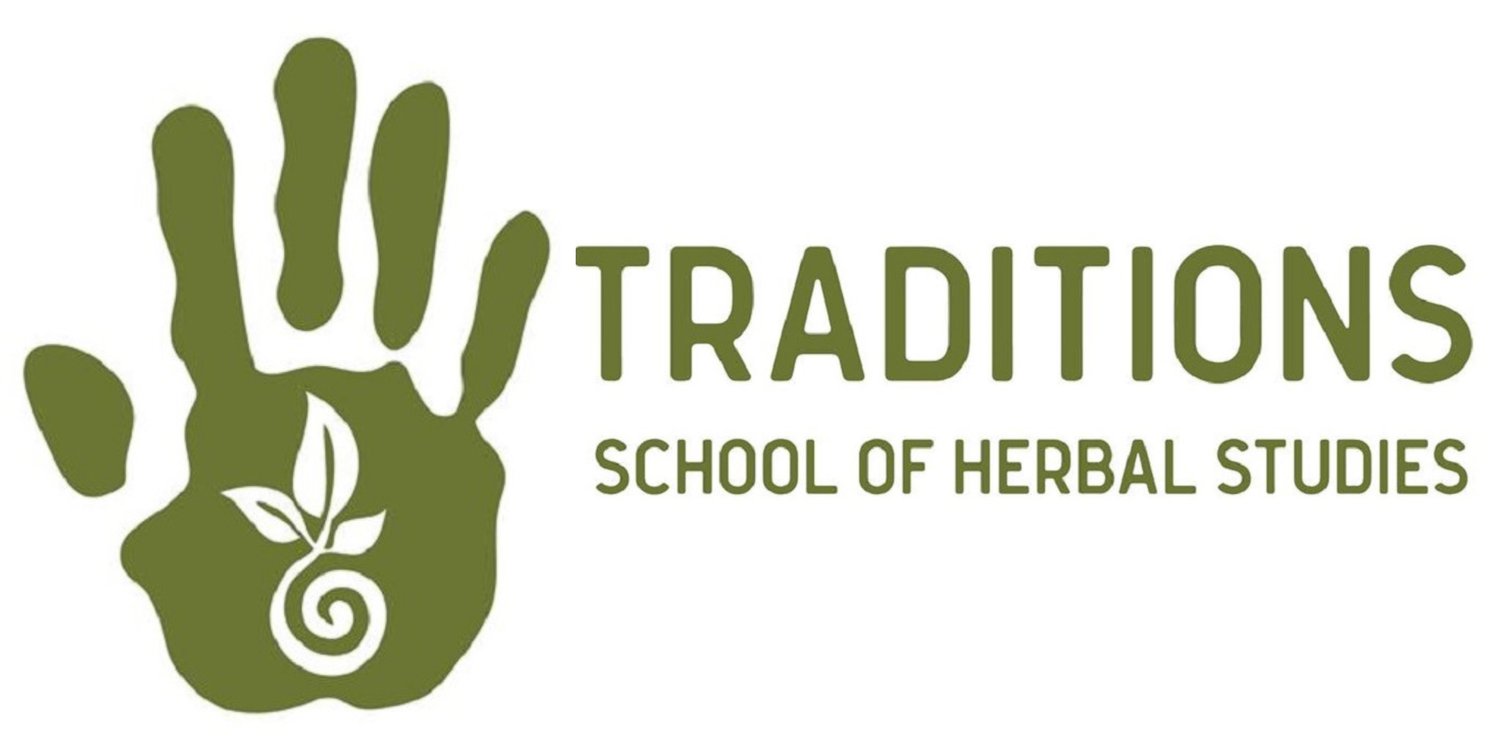
Chinese Herbal Curriculum
Course Class Information
Level One Classes
Level One Classes are required for advancement to Level Two Classes.
These classes must be completed in order prior to participating in weekly student clinic.
Class 1: (November)
General Traditional Chinese Medicine Theory
This class covers the concepts of Yin, Yang, Qi, Blood and Body Fluids as well as 5 Elements and 8 Principle Theories.
Class 2:(December)
General Chinese Herbal Theory & Legal and Ethical issues in Herbalism
The first day of this class will cover basic concepts of herbs and formulas. We will discuss quality, risks, preparation, dosage, flavors, 18 incompatibles and more. Day two will explore potential legal and ethical issues in clinical herbalism to include DSHEA, selling/prescribing conflicts risk factors in the consulting room and HIPPA.
Class 3: (January) General Traditional Chinese Medicine Diagnostics
This class covers the courses of disease, skills of observation, interrogation, and hearing as well as tongue and pulse evaluation.
Level Two Classes
Must have completed all three Level one classes to attend Level Two classes.
These classes can be completed in any order.
Each class will be offered once every two years.
Discussion will be on the major herbs of each group on the first day and common formulations on the second.
We will also discuss western herbs, Du Yaos and possible formula alterations.
-Release Exterior and Drain Fire Herbs & Formulas
-Drain Damp/Transform Phlegm
-Regulate Qi & Blood
-Building Qi, Blood, Yin & Yang
-Calming the Shen & Extinguishing Wind
-Stabilize & Bind, Open Orifices, Food Stagnation
-Making Herbal Products & The Business of Herbalism
-Vitamin & Mineral Therapies
-Anatomy & Physiology for Herbalists
-Pathology for Herbalists
-Overnight Field Study/Camping Trip
-Botany
-Herb/Drug Interactions & Western Herbal Practices
Additional Specialized Classes
Chronic Disease
We will focus on the difficulty of treating some of the more common chronic diseases such as HIV/AIDS, Hepatitis C, Cancer, CFS and more.
Fertility & Gynecology
We will focus on the unique problems faced by the practitioner when dealing with regulating the menstrual cycle. We will look at fertility, PMS, dysmenorrhea, amenorrhea and more.
Geriatrics, Children & Infants
We will look at the unique needs of these special types of clients and how we must adjust our diagnostic techniques, dosages and administration of herbs.
Beyond Herbs: Barefoot Doctoring
This class covers the techniques outside of normal herbalism such as auricular therapy (ear therapy), moxibustion, basic acupressure, Chinese dietary theory and cupping. Wear comfortable clothes since there will be hands-on practice. Moxa (Mugwort) will be burned during this class and may bother someone who is irritated by certain types of incense.
Additional Program Requirements:
Intern Clinic
The intern clinic is held most Mondays and Wednesdays from 6-10pm (You will be assigned to one night, not two). New students will start observing in the clinic one night per week after completion of the Level one core courses. Treating status will be granted with permission of the clinical supervision once basic evaluation techniques are well understood.
Graduation with a Clinical Distinction requires at least 40 sessions as an observing intern and 25 sessions as a treating intern. Graduates may request up to an additional 6 months of clinical time after graduation with the permission of the clinical supervisor. If a student is not local and they would like to earn a Clinical designation, they must participate in weekly Student Clinic virtually, and write up and present at least 1 case presentation per month.
Required texts for the course:
The Foundations of Chinese Medicine: A Comprehensive Text for Acupuncturists and Herbalists (2nd Edition) by Giovanni Maciocia
Chinese Medical Herbology and Pharmacologyby John K. Chen and Tina T. Chen
Chinese Herbal Medicine Formulas and Strategiesby Bensky and Barolet




